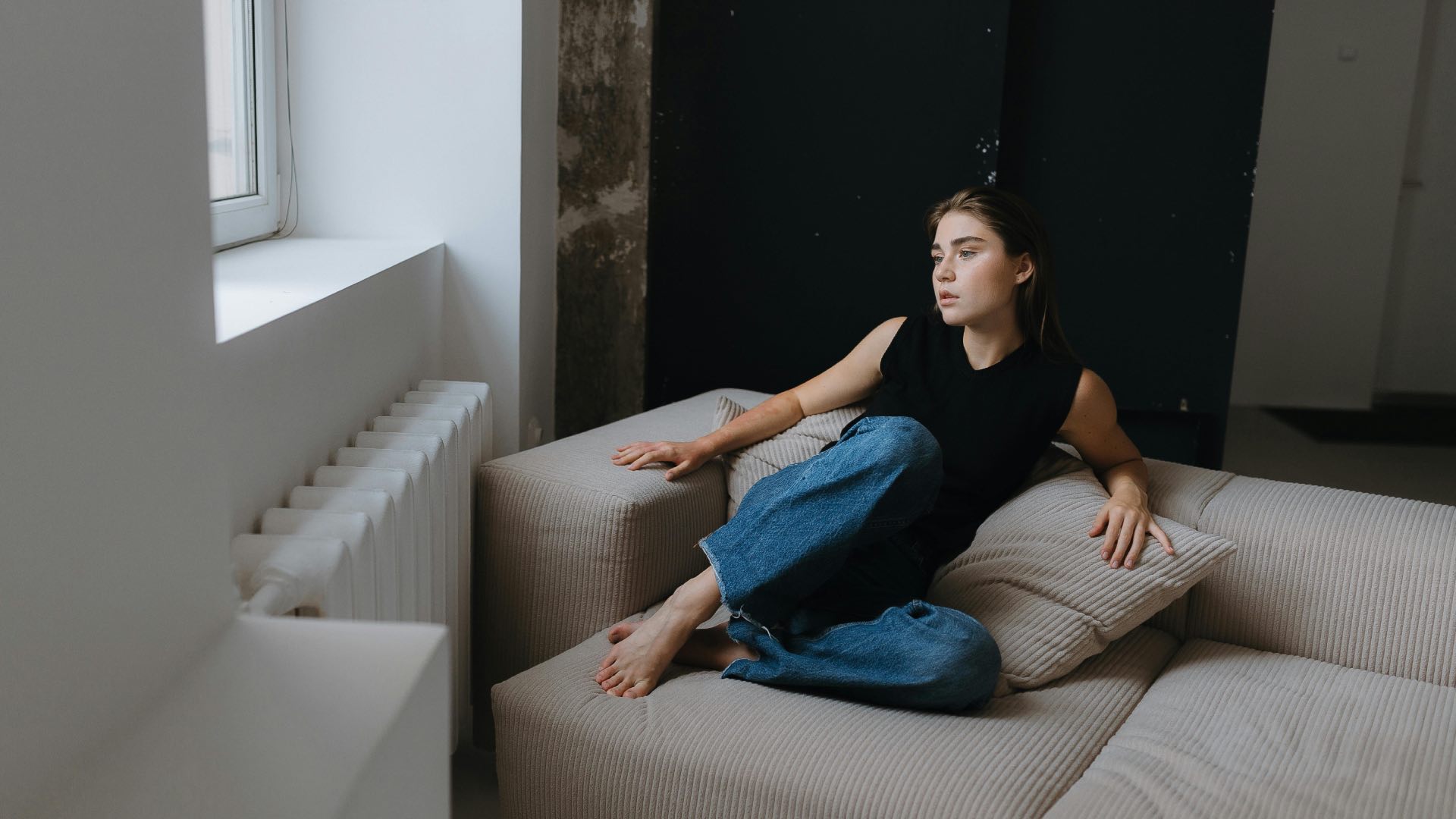Curling up on the sofa, like a cat, is a habit that many find irresistible. This posture, both intuitive and relaxing, reveals much more than a simple desire for physical comfort: it reflects a deep need for relaxation and connection with oneself.
A natural gesture to relax the body
Lying down with your body bent, as cats often do, helps release tension accumulated in the spine and muscles. This position facilitates stretching of the rib cage and promotes calmer breathing, thus releasing an immediate feeling of well-being. Ergonomic studies show that postures involving gentle bending reduce back pain and aid muscle relaxation, which explains why we instinctively return to this position after a long day.
A sensory refuge mimicking feline behavior
Just as cats curl up in protective or stretched-out positions for reassurance, humans retreat to create a safe haven. Curling into a quarter closes the body, offering a kind of protective bubble against external stress. This movement resonates with our primal instincts, giving us a moment to slow down, refocus, and calm the mind. Mimicking feline postures isn't just about style; it reflects a universal need for protection and inner peace.
A deep emotional need for self-care
Beyond the physical aspect, this habit demonstrates a conscious or unconscious desire to give oneself time and space. In our modern lives, often paced by pressure and multitasking, going the extra mile is a reminder that the body also needs gentle attention and respect. It's an act of self-compassion, a symbolic way of listening to one's emotional needs and cultivating lasting well-being.
In short, curling up on the sofa like a cat isn't just about comfort, but a true expression of body language. Allowing ourselves these moments of retreat isn't a sign of laziness, but of wisdom: the wisdom of recognizing that well-being often arises from the simplest gestures, those that reconnect us with our most peaceful nature.

